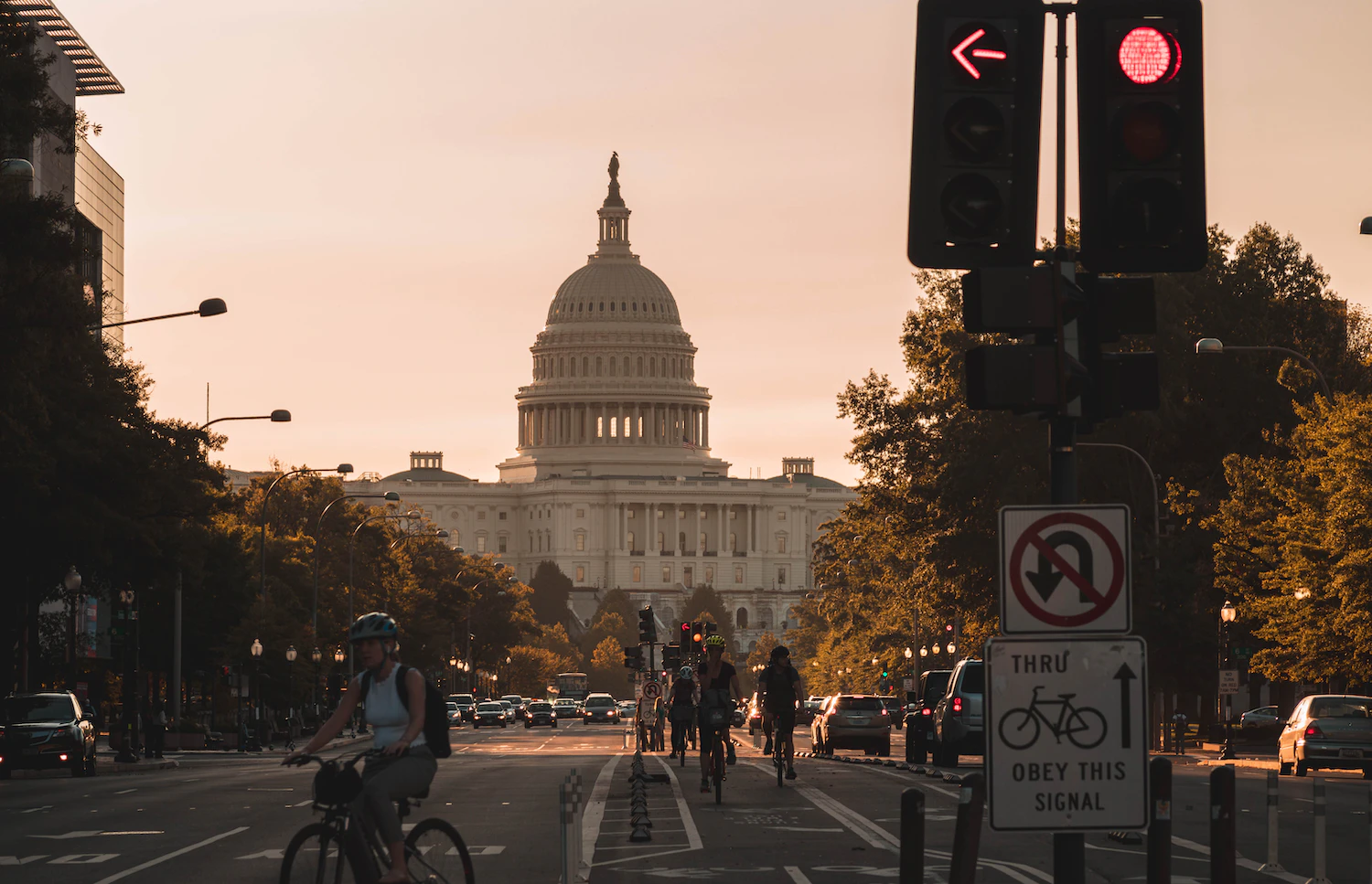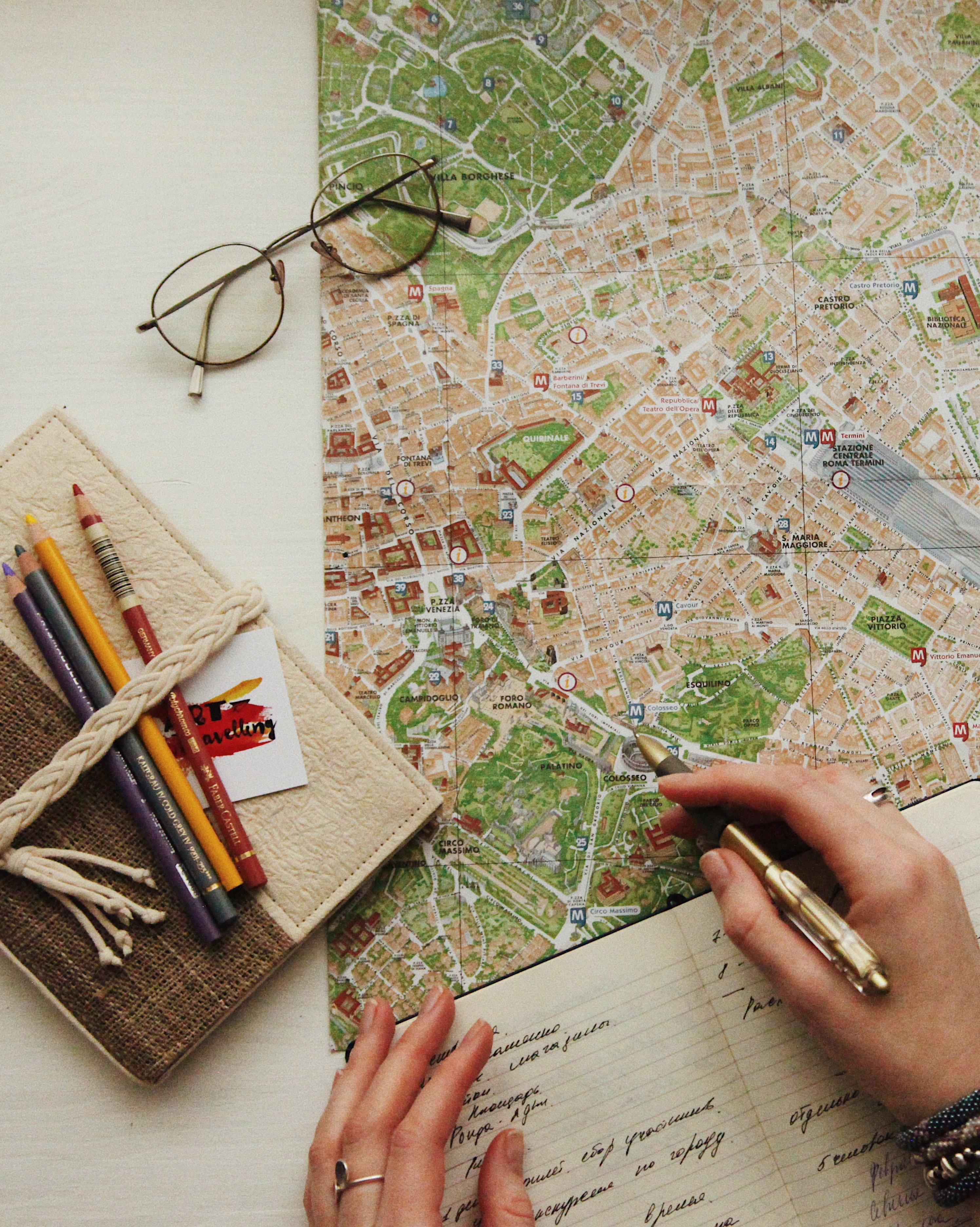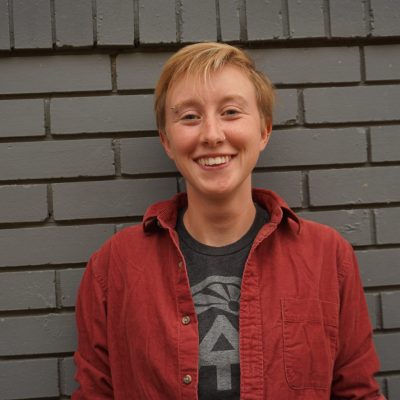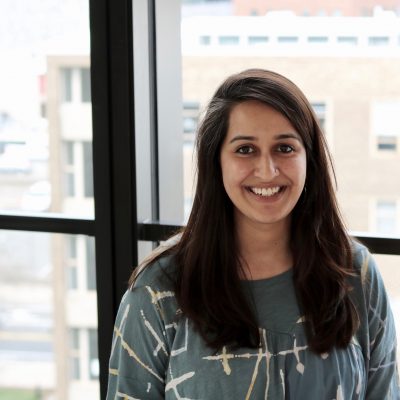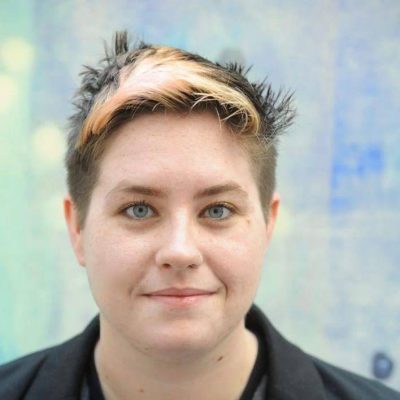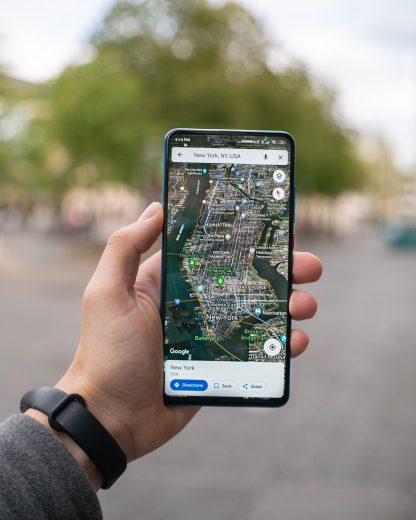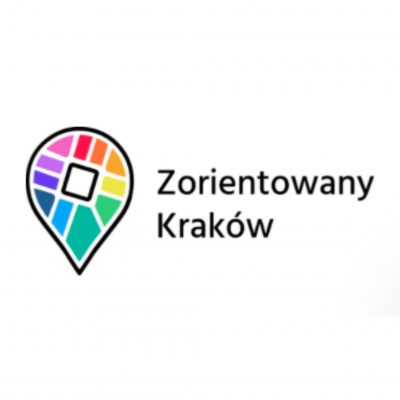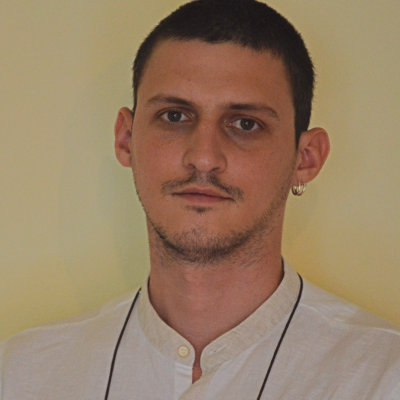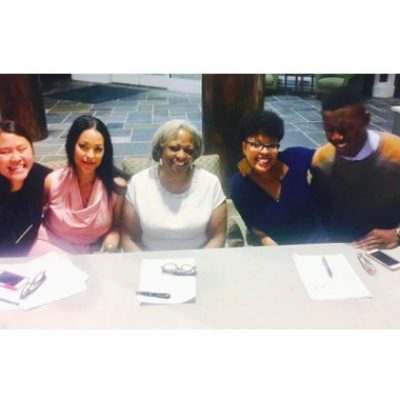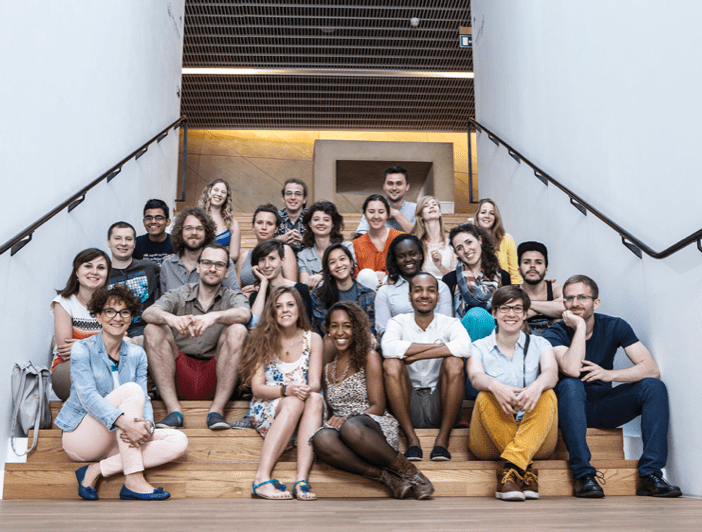During the Mapping Democracy Fellowship, Fellows:
- Explored theories and histories of social justice, civic resistance, and collective memory in the United States Capitol and capital.
- Understood how individuals and groups employ maps and data to oppress as well as resist and protest inequities.
- Surveyed basic techniques in mapping, data visualization, and multimedia storytelling.
- Created their own maps and data visualizations to reveal hidden stories, expose dominant and deceiving narratives, and provoke change at a neighborhood, city, state, or country level.
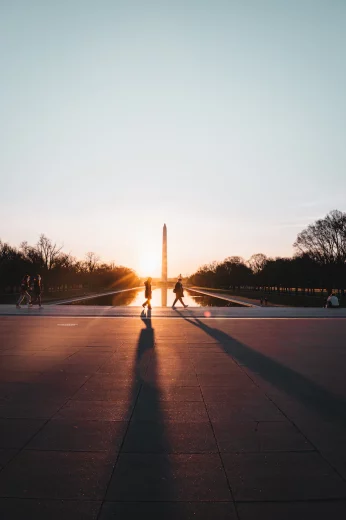
Eligibility:
Applicants should have basic experience with data collection, analysis, mapping, or visualization before the Fellowship begins. However, for selected Fellows with a keen interest in learning how to tell impactful visual stories with data but without a mapping background, there will be preparatory resources and tutorials available that provide basic mapping knowledge and skills.
While all on-the-ground programming costs and accommodations are covered, Fellows are responsible for their transportation costs to and from the Fellowship. If a Fellow needs financial support to enable participation, Humanity in Action considers such need. Fellows should be in touch with Humanity in Action staff after acceptance into the program.
Applying:
Applications are now closed! If you are interested in being notified when applications open, please sign up here!
If you have any questions, please reach out to admissions@humanityinaction.org.

